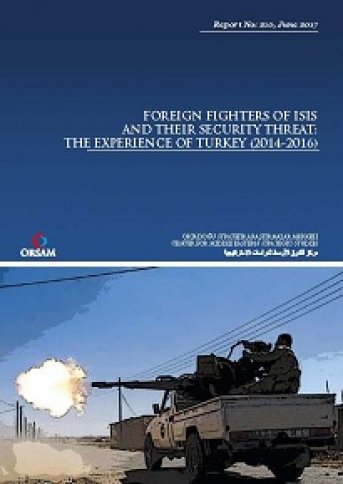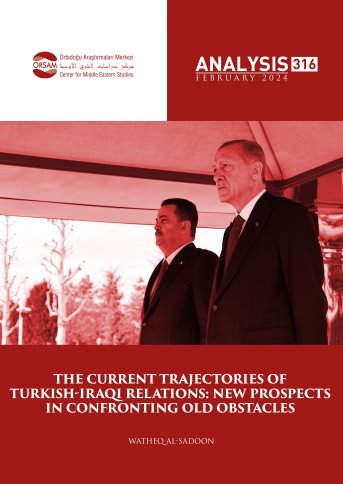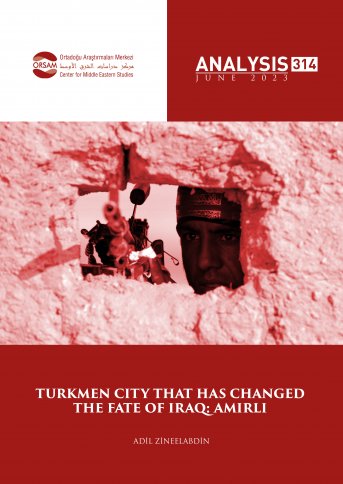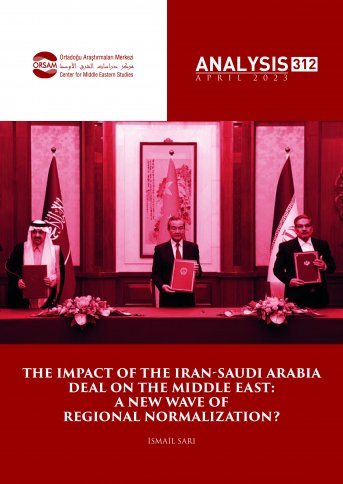
Foreign Fighters of ISIS and Their Security Threat: The Experience of Turkey (2014-2016)
The current insecurity spiral in the Middle East has unleashed multiple security threats all over the region. The lack of governance created by conflicts especially in Syria and Iraq stands as the main force that generates insecurities for the region and the international system at large. In this environment, foreign terrorist fighters who go to the war zones to take part in conflicts and undertake other functions has come to the fore in international security agenda.
The topic of foreign terrorist fighters is not new in the international security agenda. We have seen it in different times of the world history at different magnitudes. The phenomenon that took a new shape with the momentum created by terrorist organization DAESH and similar other groups carries new features. It reached to an unprecedented scale in terms of the number of people it has mobilized and the more violent and destructive tendencies it has exhibited. With no doubt, we cannot deny the existence of factors that push and pull this incident. A major driving force is created by factors such as DAESH’s announcement of the so-called Caliphate and difficulties that these people suffer in their home countries. These and other similar push and pull factors have been feeding the current wave.
The determination to regulate the fight against the recent wave of foreign fighters at international level is at its highest. In this regard, in addition to regional initiatives, the topic was embraced at the United Nations and a new set of regulations was formed since 2014. International initiatives against the threat, conceptualized as foreign terrorist fighters, continue covering all of its dimensions. Although it is seen that the number in the flow of foreign fighters is decreasing with preventive measures taken in the home countries and the new direction of the conflict in Syria and Iraq, we cannot say that the threat is completely gone.
Center for Middle Eastern Strategic Studies (ORSAM) conducts a wide range of research projects on the conceptual and practical dimensions of foreign terrorist fighters and radicalization. A variety of reports have been published on the historical evolution of foreign terrorist fighters in addition to studies using social network analysis.
This study is one of the most comprehensive works prepared by ORSAM Security Studies Coordinator Assoc. Prof. Haldun Yalçınkaya on the subject, based on ORSAM’s findings in this field. We express our gratitude to the International Relations Council (UİK), for their help and permission to reprint this report, which was published as an article in the last volume of the Uluslararası İlişkiler journal. This report enables this important study to reach to a wider population. We wish pleasant readings to the people interested in the subject.








